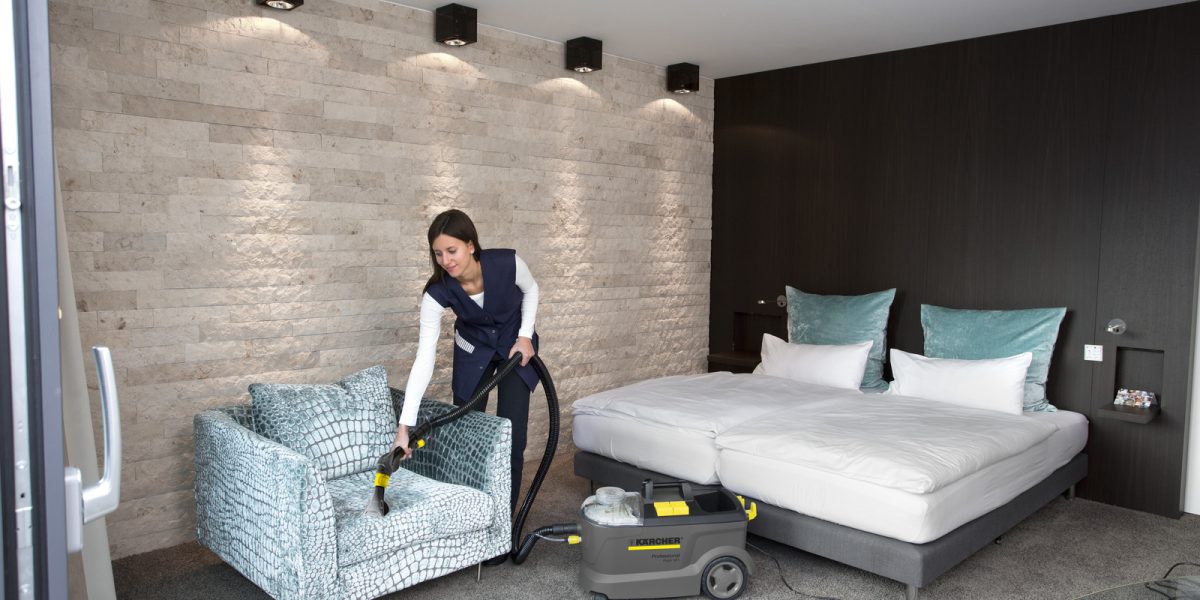Why Mattress Cleaning Is Essential
Health Benefits of a Clean Mattress
Your mattress is a magnet for dust mites, sweat, dead skin cells, and more. These can trigger allergies, respiratory issues, and skin irritations. Regular cleaning minimizes these risks, keeping your sleeping environment healthy and safe.
Prolonging Mattress Lifespan
Mattresses are an investment, and regular cleaning helps protect that investment. By removing dirt, stains, and bacteria, you prevent wear and tear, ensuring your mattress lasts longer.
Common Issues Caused by Dirty Mattresses
Allergies and Respiratory Problems
Dust mites and mold thrive in unclean mattresses, exacerbating conditions like asthma and allergies. If you wake up sneezing or with a stuffy nose, your mattress might be the culprit.
Odors and Stains
Unpleasant smells and unsightly stains can ruin your sleeping experience. They’re often caused by sweat, spills, or pet accidents.
How Often Should You Clean Your Mattress?
General Guidelines
Experts recommend cleaning your mattress every six months. However, specific circumstances may demand more frequent attention.
Factors Affecting Cleaning Frequency
- Pets or kids at home
- Allergies or asthma
- Spills or stains
Signs That Your Mattress Needs Cleaning
- Stains or discoloration
- Persistent odors
- Increased allergy symptoms
Different Methods of Mattress Cleaning
Vacuum Cleaning
Use a handheld vacuum with a HEPA filter for best results. Regular vacuuming removes dust, hair, and other debris.
Spot Cleaning
Address stains promptly with mild detergent and warm water. Pat, don’t scrub, to avoid spreading the stain.
Deep Cleaning
Consider steam cleaning for a thorough cleanse. While you can DIY, professional services often provide superior results.
Effective Mattress Cleaning Tips
- Sprinkle baking soda over your mattress to absorb odors. Let it sit for 30 minutes, then vacuum.
- Add a few drops of essential oil to the baking soda for a fresh scent.
- Use a lint roller for quick pet hair removal.
How to Handle Stubborn Stains
Stains like coffee and wine can be tricky. Use a mix of hydrogen peroxide and dish soap, but test it on a small area first to avoid damage.
DIY vs. Professional Mattress Cleaning
Pros and Cons
DIY is budget-friendly and convenient, while professionals offer expertise and efficiency. Choose based on your needs and budget.
Preventative Measures for a Cleaner Mattress
Invest in a quality mattress protector. Wash it monthly to prevent dirt and allergens from settling into the mattress.
The Role of Mattress Cleaning in Allergen Control
Cleaning reduces dust mites, which are a leading cause of allergies. Regular maintenance helps create a hypoallergenic sleeping space.
How Mattress Cleaning Impacts Sleep Quality
A fresh mattress promotes better sleep by eliminating allergens and odors that could disturb your rest.
Eco-Friendly Mattress Cleaning Solutions
Opt for natural products like white vinegar and baking soda. These are safe, effective, and environmentally friendly.
Cost of Mattress Cleaning
DIY methods cost little to nothing, while professional services range from $50 to $150, depending on the mattress size and condition.
Conclusion
Cleaning your mattress is more than a chore—it’s an investment in your health and comfort. By following these tips, you’ll enjoy better sleep, fewer allergies, and a longer-lasting mattress. So, what are you waiting for? Start your mattress cleaning routine today!
FAQs
- How long does it take to clean a mattress?
Depending on the method, it can take 1–4 hours, including drying time. - Can mattress cleaning remove bed bugs?
Professional cleaning can help, but you might need specialized pest control for complete removal. - Is it safe to use bleach on mattresses?
No, bleach can damage the fabric and irritate your skin. Opt for milder cleaners. - What’s the best way to deodorize a mattress?
Baking soda is highly effective. Sprinkle it on, let it sit, and vacuum it off. - How often should mattress protectors be washed?
Wash them monthly or more frequently if spills occur.












